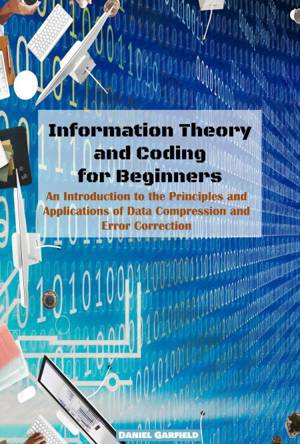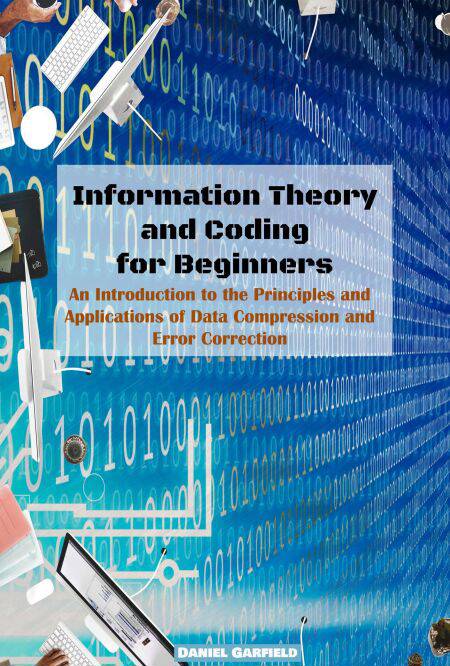
- Retrait gratuit dans votre magasin Club
- 7.000.000 titres dans notre catalogue
- Payer en toute sécurité
- Toujours un magasin près de chez vous
- Retrait gratuit dans votre magasin Club
- 7.000.0000 titres dans notre catalogue
- Payer en toute sécurité
- Toujours un magasin près de chez vous
Description
"Information Theory and Coding for Beginners: An Introduction to the Principles and Applications of Data Compression and Error Correction" is a comprehensive guide to the field of Information Theory and Coding. Written for readers with little to no background in this area, this book offers a clear and engaging introduction to the principles and applications of data compression and error correction.
The book covers the fundamentals of Information Theory, including basic concepts and terminology, Shannon's Information Theory, and compression and transmission rates. It then explores source coding techniques, such as Huffman Coding, Arithmetic Coding, and Lempel-Ziv-Welch Coding, as well as lossy compression methods like Transform Coding and Predictive Coding. The book also covers channel coding techniques, including error detection and correction methods like Parity Checking, Checksums, and Cyclic Redundancy Check (CRC), and error-correcting codes like Block Codes, Convolutional Codes, Turbo Codes, and LDPC Codes.
Through a series of real-world applications, the book illustrates the importance of Information Theory and Coding in data compression and error correction for various fields, including wireless communication, optical communication, and storage systems. It also examines emerging trends and technologies in the field, such as Quantum Information Theory, Network Coding, and Machine Learning in Coding.
Whether you are a student or a professional seeking an introduction to the field, "Information Theory and Coding for Beginners" provides a comprehensive and accessible guide to the principles and applications of data compression and error correction. With clear explanations, real-world examples, and practical applications, this book is an essential resource for anyone interested in understanding the fundamental principles of Information Theory and Coding.
Spécifications
Parties prenantes
- Auteur(s) :
- Editeur:
Contenu
- Langue:
- Anglais
Caractéristiques
- EAN:
- 9798224842124
- Date de parution :
- 14-05-24
- Format:
- Ebook
- Protection digitale:
- /
- Format numérique:
- ePub

Les avis
Nous publions uniquement les avis qui respectent les conditions requises. Consultez nos conditions pour les avis.






